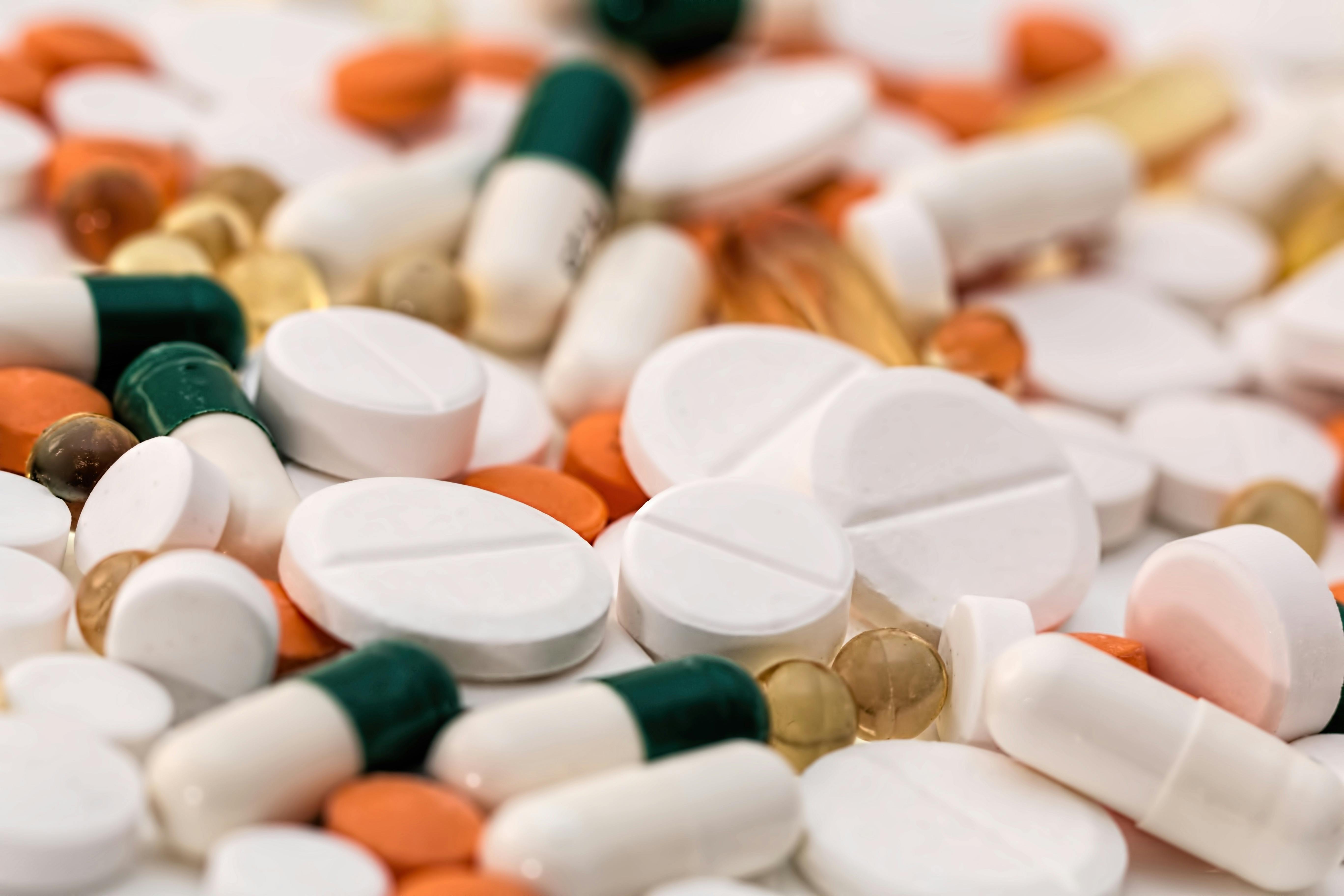Eight Surprising Factors That Might Just Trigger Your Next Nosebleed
Medications: A Double-Edged Sword

Certain medications, particularly blood thinners and nonsteroidal anti-inflammatory drugs (NSAIDs), can increase the likelihood of nosebleeds. These medications affect the body's ability to clot blood, making even minor nasal irritations more prone to bleeding. Additionally, some nasal sprays and decongestants can dry out the nasal passages, compounding the problem. It's important for individuals taking these medications to be aware of this side effect and to consult with healthcare providers about potential alternatives or supplementary treatments to mitigate the risk of nosebleeds.
The Influence of High Altitudes

High altitudes can also be a surprising trigger for nosebleeds. As altitude increases, the air becomes thinner and drier, which can lead to dehydration and dry nasal passages. The reduced atmospheric pressure can also cause blood vessels to expand and become more fragile. For those traveling to or living in high-altitude areas, staying hydrated and using saline nasal sprays can help maintain nasal moisture and prevent nosebleeds. This factor underscores the importance of acclimatization and awareness of environmental changes on bodily functions.
